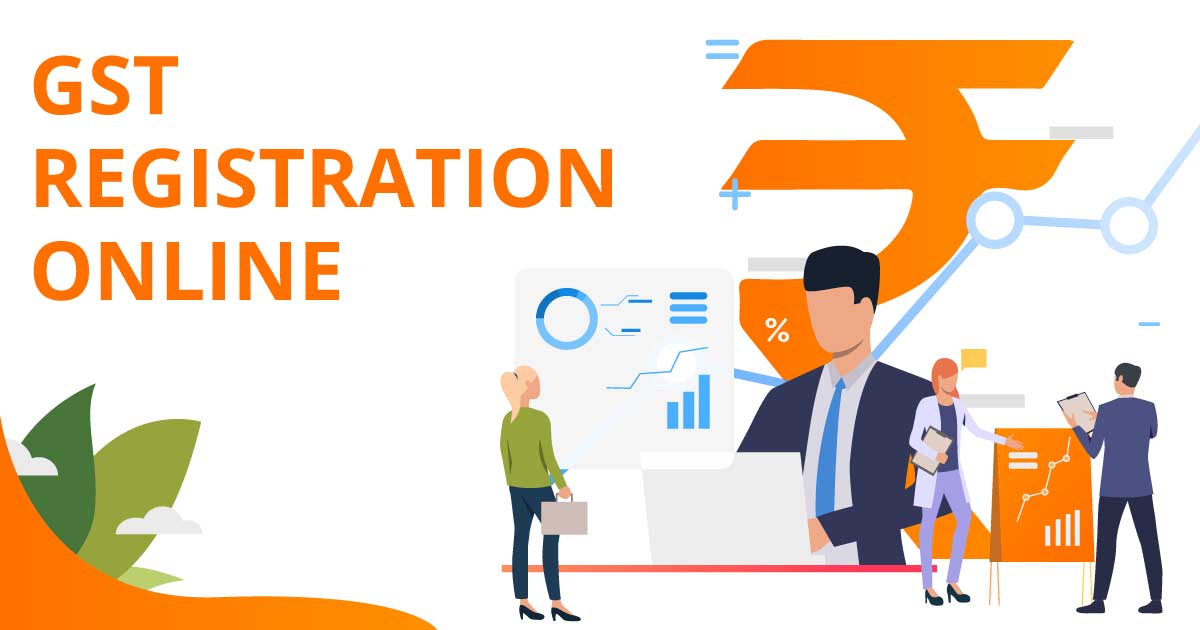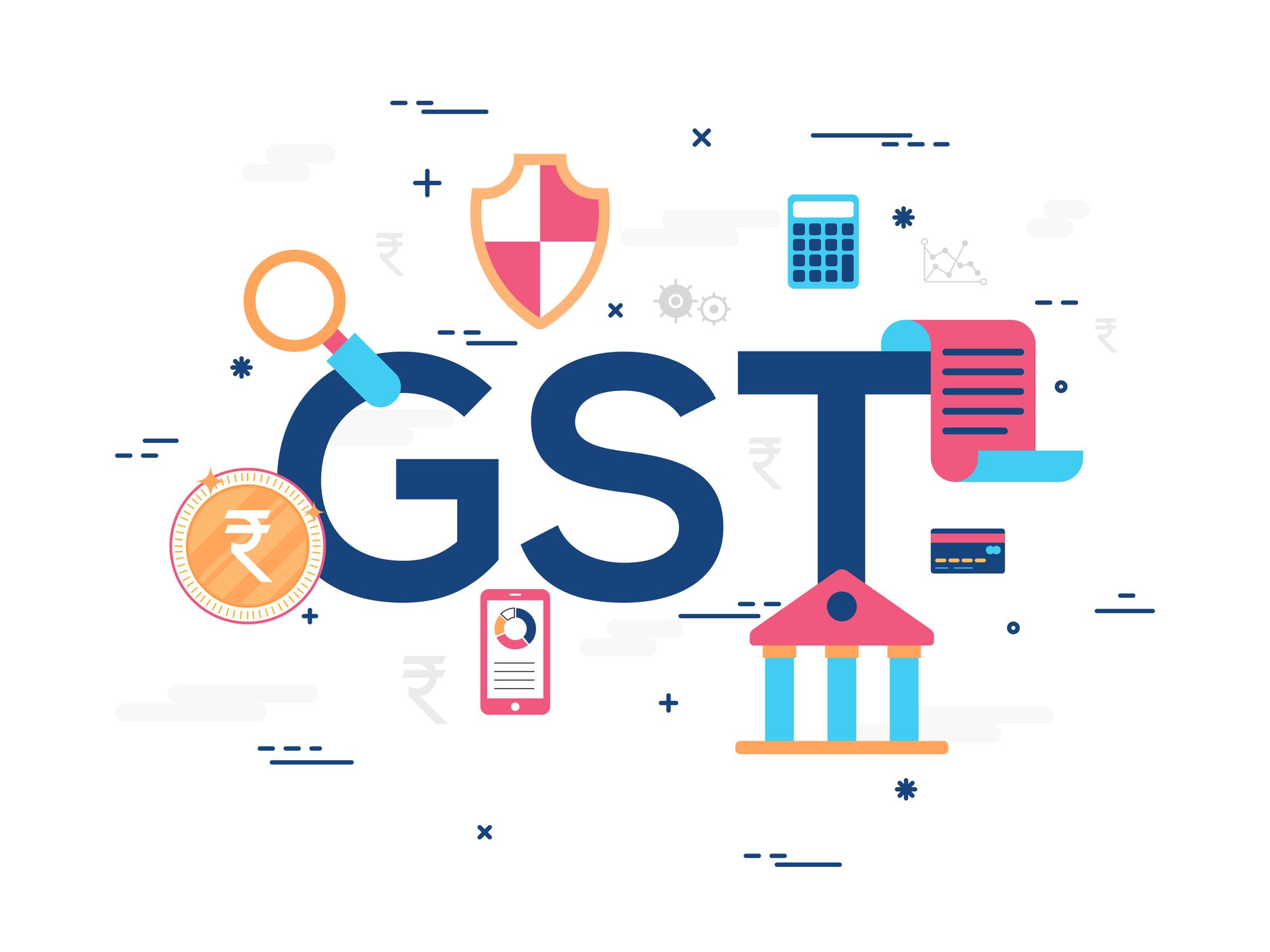Finding Reputable and Reliable Best GST Registration Services in Singapore
Finding Reputable and Reliable Best GST Registration Services in Singapore
Blog Article
From Start to Complete: The Ultimate Roadmap to GST Registration for Organizations Looking For Financial Stability
Browsing the complexities of Item and Provider Tax (GST) registration is a critical action for companies striving for monetary stability. Damaging down the roadmap into workable actions can enhance the registration journey for organizations looking to boost their financial standing.
Comprehending GST Basics
Delving right into the essential concepts of Item and Services Tax (GST) is essential for acquiring a comprehensive understanding of its effects on businesses and the economic situation. Input Tax Obligation Credit Score (ITC) is a substantial feature of GST, allowing organizations to declare credit history for tax obligations paid on inputs, minimizing the general tax obligation concern. Comprehending the essentials of GST is vital for businesses to comply with tax obligation laws, manage their finances effectively, and contribute to the country's economic development by participating in a transparent tax obligation system.
Qualification Criteria for Enrollment
To register for GST, companies must satisfy specific eligibility requirements established by the government. The primary eligibility need is that any type of service entailed in the supply of products or services with an annual aggregate turn over over the threshold restriction set by the authorities must register for GST. As of the existing laws, the threshold restriction for GST registration is a yearly accumulation turn over of 40 lakhs for organizations running within a state, besides special classification states where the restriction is 20 lakhs. In addition, particular businesses are called for to sign up for GST irrespective of their turnover, such as interstate distributors, informal taxed persons, and companies accountable to pay tax obligation under the reverse fee device. It is crucial for businesses to thoroughly analyze their turnover and deal types to determine their GST enrollment obligations precisely. Failure to register for GST when eligible can result in penalties and legal repercussions, making it essential for companies to follow the defined eligibility requirements.
Records Needed for Enrollment
Having actually met the qualification requirements for GST registration, companies must now ensure they have the requisite records in area to proceed with the enrollment procedure effectively. The records needed for GST enrollment normally include evidence of organization constitution, such as collaboration action, enrollment certificate, or consolidation certificate for different types of companies. Furthermore, companies need to give papers establishing the major location of business, such as a rental agreement or electrical energy bill.
Step-by-Step Enrollment Process
Commencing the GST enrollment procedure entails look at this site a series of structured steps to make sure a smooth and certified registration for services. The initial step is to go to the GST portal and complete the registration form with accurate details of the organization entity. Following this, the applicant receives a Momentary Reference Number (TRN) which is made use of to resume the application procedure if it's not completed in one go.
Following, all needed documents as per the list offered by the GST portal requirement to be submitted. These documents usually include evidence of company registration, address and identification proofs of marketers, monetary declarations, and service entity's PAN card.

Post-Registration Conformity Standards

Verdict
To conclude, businesses seeking financial stability must understand the fundamentals of GST, fulfill qualification requirements, collect needed records, follow the detailed registration procedure, and abide by post-registration standards - Best GST registration services in Singapore. By adhering to these steps, check it out businesses can guarantee compliance with tax obligation policies and preserve economic security in the lengthy run
Furthermore, specific services are needed to sign up for GST regardless of their turn over, such as interstate providers, laid-back taxed persons, and organizations responsible to pay tax obligation under the reverse charge mechanism.Having actually fulfilled the eligibility criteria for GST enrollment, organizations must now guarantee they have the requisite papers in area to proceed with the enrollment procedure efficiently. The records needed for GST enrollment generally consist of evidence of company constitution, such as collaboration deed, enrollment certification, or consolidation certificate for various types of services. Additionally, organizations need to give documents establishing the primary area of business, such as a rental agreement or electrical power bill.Beginning the GST enrollment process includes a series of structured steps to guarantee a smooth and certified registration for companies.
Report this page